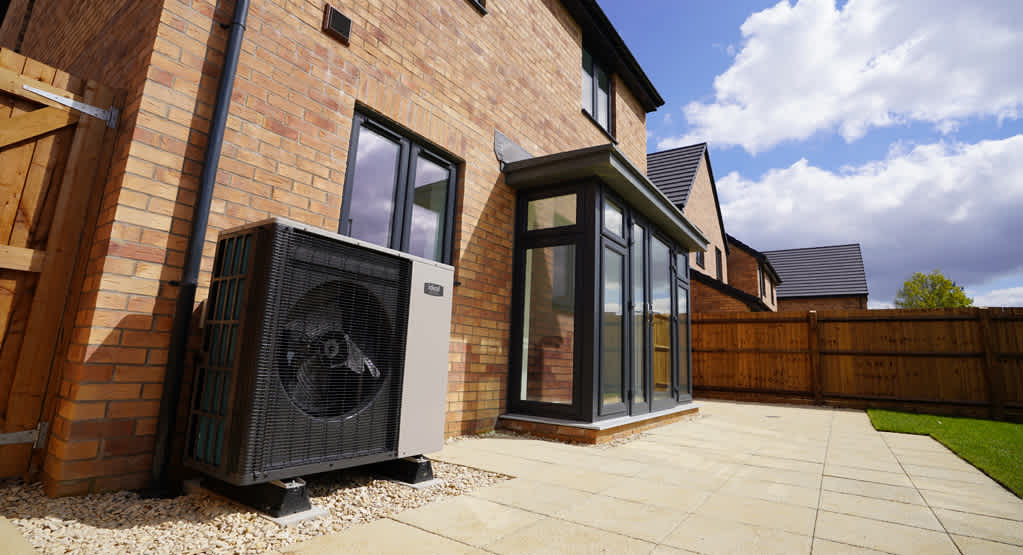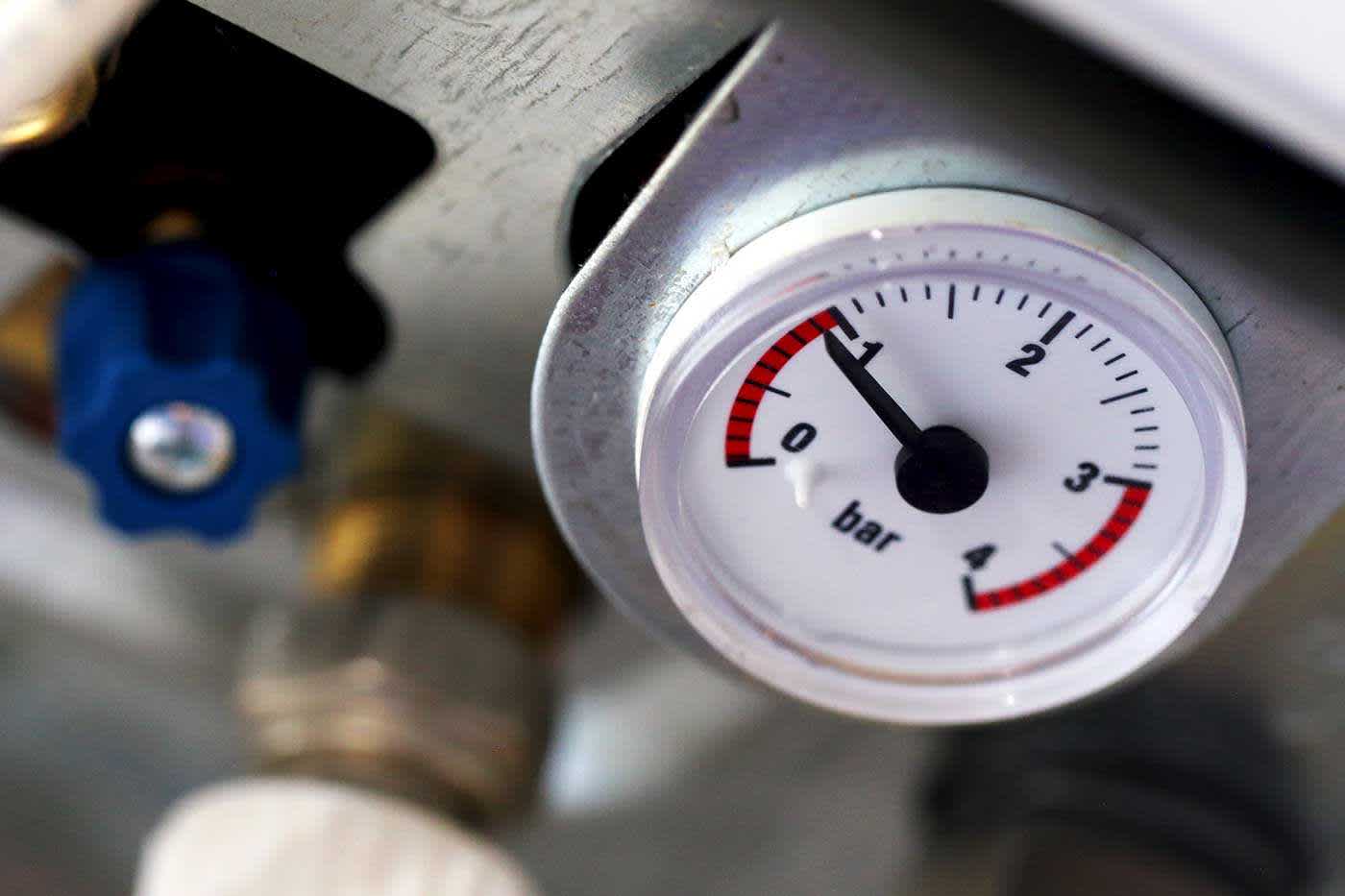
A guide to new boiler costs for your home
Whether you’re replacing an old boiler or fitting a complete new system, your boiler is a real investment in your home - and it’s important to make sure you get the right one.
Go overboard, and you could end up spending much more than you need to. Try to economise too much with a cheap new boiler and you could end up with a model that can’t cope with the demands you put on it. So, how can you reach the perfect middle ground?
Look at the different types of boilers, how they differ, and rough estimates of new boiler prices below.
How much does a new boiler cost?
Unfortunately, there’s no one cost for a new boiler, and choosing the right boiler varies from person to person. There are several kinds of boiler and each comes with different capabilities.
If you’re upgrading to a different system or installing a boiler where there wasn’t one before, this is much more complex than swapping your boiler for a newer version of the same type. You’ll need to take the costs of installing all the pipework, cylinders, electronics, thermostats and radiators. Use our blog to learn more about boiler installation times.
If you’ve got a system already installed but just need a new boiler, it can be relatively easy to have it replaced on a budget.
A rough idea of the price for a new boiler
As a ball-park estimate, the price of a “new boiler” is typically in the £700 to £5,000 range. £700 represents a simple replacement of a small Combi boiler in a flat. £5,000 is more along the lines of installing a new central heating system in a two-bathroom home, installing cylinders, and relocating the boiler to another floor.
These are typical prices - in some circumstances, an actual price could be outside this range. However, boiler replacement costs will generally be lower than installing an entirely new system.
Understanding what you need
With such a large range of prices, it’s important to ask yourself some simple questions:
Do I need to upgrade the system, or does the current boiler work well? Our blog, How long does a boiler last?, will help you here.
Do I need extra radiators?
Have I got more bathrooms than when the current system was installed?
Is it likely that more or fewer people will be living in the home in the near future?
Do I want my new boiler to be in the same location as the current one?
Am I changing the fuel type?
Reasons to upgrade your boiler
In terms of boilers, an upgrade would be considered as installing a new system to cope with higher demand. That would typically mean the family has grown - for example, if you’ve had children or a relative has moved in with you, or if you’ve had an extra bathroom or shower fitted.
However, it could simply be that the previous occupants of the home installed a boiler that was never powerful or versatile enough to cope with the demands of the household, but you’ve just put up with it. Alternatively, perhaps you’re taking on a project by converting a house into several flats.
A typical upgrade would be from a Combi boiler to a System boiler, or from either of those to a Heat only boiler. Each step up requires more hardware:
From a Combi to a System, you’ll need a cylinder.
From a System to a Heat only, you’ll need cold water tanks (normally in the loft). Take a look at our blog to understand how long a Heat only boiler will last before it needs replacing.
You’ll also need extra pipework and electronics to join the system together. These extra parts and labour will add to the cost.
If your current system can’t cope with the demands of your home, the price of a new boiler and installation will often eventually pay for itself. For example, while a Combi boiler making hot water for several showers and baths every morning may wear out sooner, an upgrade may prove more effective. It often works out cheaper in the long run to have a cylinder warming up water overnight, using both gas and electric immersion heaters. That way, everybody gets their morning shower and no more water needs to be heated until the evening.
Should you downgrade your boiler?
Examples of downgrading include moving from a Heat only setup to a System boiler, or from either of those to a Combi boiler.
You would usually do this if the number of people in your household has shrunk. For example, if it’s just you in the home, or you and a partner, it’s unlikely you’ll regularly need to have two hot taps running simultaneously. In this scenario, a Combi boiler may be the best option, assuming you’ve got decent mains water pressure.
Perhaps the previous occupants of the home had a large family, and you’re just a couple. There might be nothing wrong with the boiler, but it could be more efficient to downgrade, with lower energy bills compensating for the initial price of getting your new Combi boiler fitted.
Find the best Combi boiler for your home
If your boiler and cylinder are in good condition, you might even be able to sell them to save even more money, reducing your Combi boiler costs. However, some people choose to leave the equipment in place so that the system can be re-upgraded in future.
Boiler replacement
If you’re replacing an old boiler with a newer version of the same type, this will have the lowest cost - assuming the rest of the system (pipework, electrics, cylinder and tank) are in good working order. The engineer should be able to swap it over in a day, and that means minimal labour costs.
However, if anything is changing (say you want the boiler moving from the kitchen to the utility room), the amount of labour and parts will inevitably rise - and so will the cost. You’ll need to extend or cut the gas pipe, the electrics will need to be re-wired, and there will be more pipework required, both for mains water and for the household system itself. This will increase your new boiler costs and extend the installation time.
Need some help?
To understand the cost of a boiler installation for you, work through our find a boiler tool to discover what kind of model you need.
Then, call in one of your local experts from our list of approved fitters to assess your home and your needs. Let them know what you require, from a simple replacement to a complete new system with relocated boiler and extra radiator, and they’ll give you an estimate of the cost, including their best replacement boiler deals and installation prices.
For further support, please get in touch with our friendly team.

















